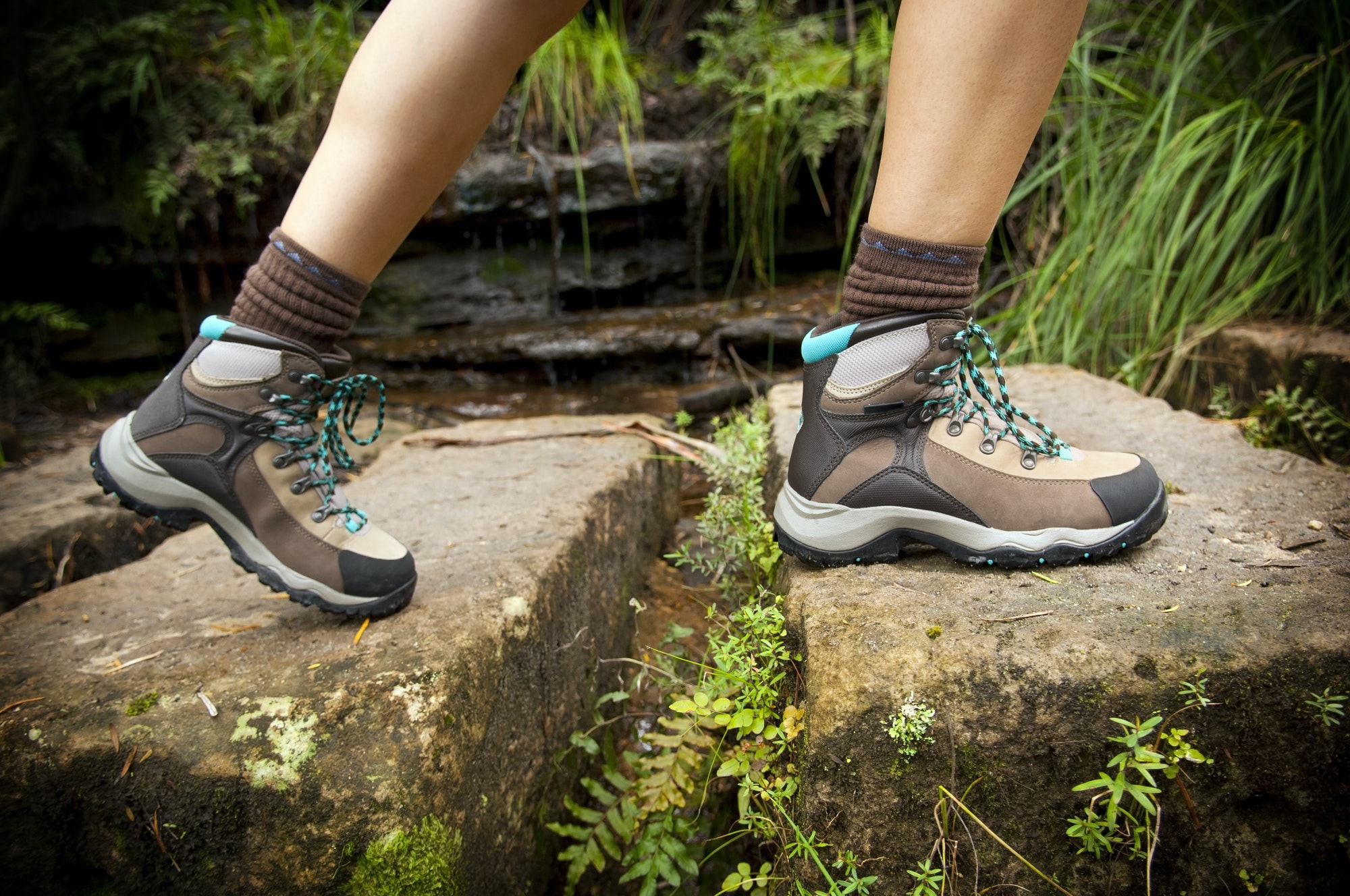Things to Consider When Buying Hiking Boots
Have you ever purchased a pair of hiking boots only to find they are uncomfortable or even painful after walking around in them for more than ten minutes? Have you found yourself wondering why there are so many brands and styles available, with features that make absolutely no sense without some knowledge of what it is you need from your new boots? Then let’s take the mystery out of the purchasing process by taking a good look at some tips that will help you decide on the best pair of boots for your needs.
Use of Hiking Boots
The first deed is to figure out where you will be using your new hiking boots. Are they for day hikes? Backpacking? Climbing? If you are planning on taking your boots on overnight hikes, be sure to consider the boot’s weight. Heavy boots will quickly become burdensome if worn all day long. Because they are designed for hiking, they need to be both comfortable and tough enough to handle the trail terrain over large distances.
Consider How Easily You Will Be Able To Maintain Your Boots
Will you hand wash them or hose them off at home after use? Will you line-dry them or place them in front of a heater or fireplace? These questions may seem trivial, but what do you plan on doing with your new boots once they leave their packaging? Also, think about which features might save you time during clean-up.
Always Try the Footwear Before Making The Purchase
It would be a bad idea to find out that you have fallen in love with a pair of hiking boots only to discover after they are delivered that they are not comfortable, let alone the fact that it’s too late to return them! Not all feet are created equal, so trying on shoes is critical regardless of their style and irrespective of whether you know your size or not! Ensuring the footwear fits correctly will provide comfort and adequate toe wiggle room, and an appropriate heel fit.
Don’t Try to Copy
Never buy hiking boots because everyone else is wearing them or because someone says, “The brand I wear is great.” Your hiking boot should work for you, not just everyone else. If you don’t like the way they feel on your feet, avoid them at all costs and look for another style that may work better.
- Get ones that are waterproof because these boots will keep your feet dry when it rains or when crossing creeks and rivers during a hike.
- Make sure you know what kind of hiking boots will provide adequate ankle support for you, depending on how far and how steep the terrain is.
- Look for the appropriate thickness of the soles so you can wear them in winter conditions without getting frostbite from snow and ice seeping into the fabric shoe lining and chilling your toes! Having wet socks in cold weather can lead to hypothermia which can be deadly, so choose boots with thick soles to avoid this.


